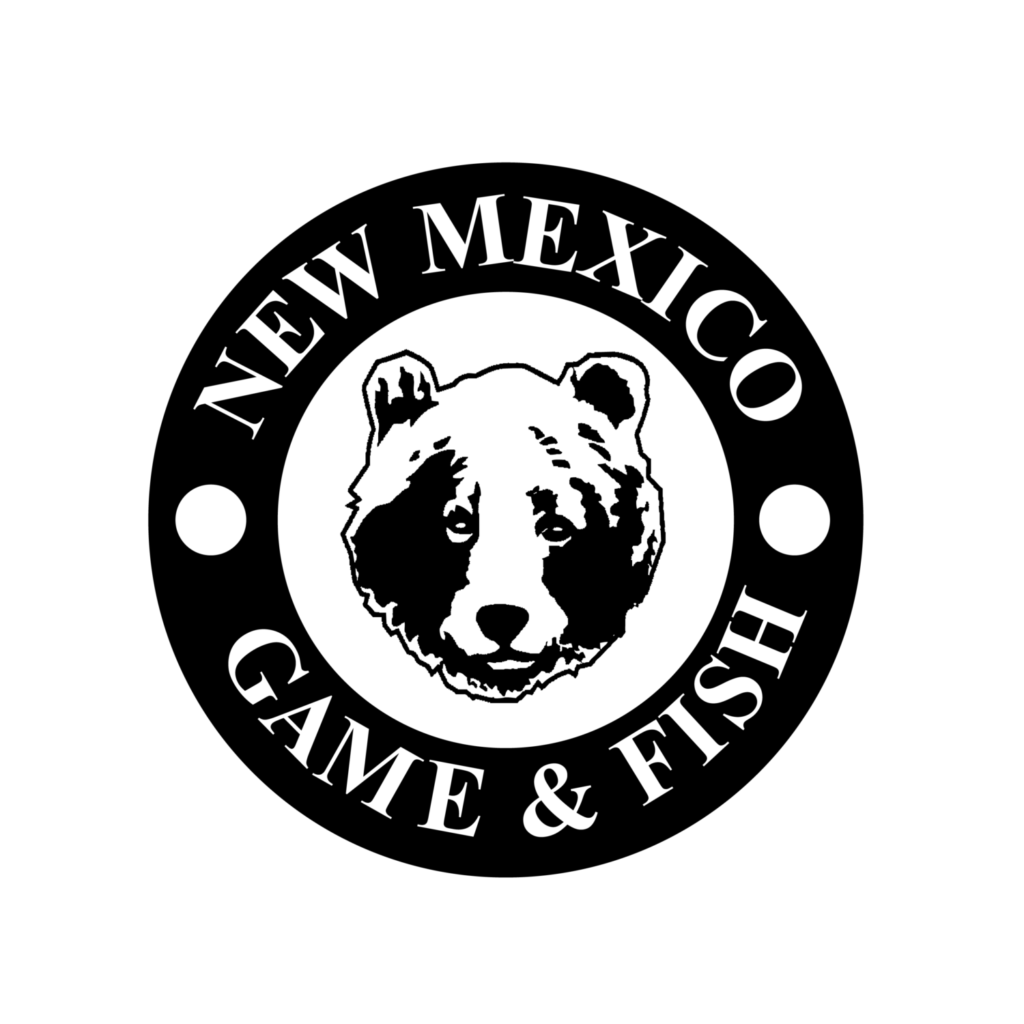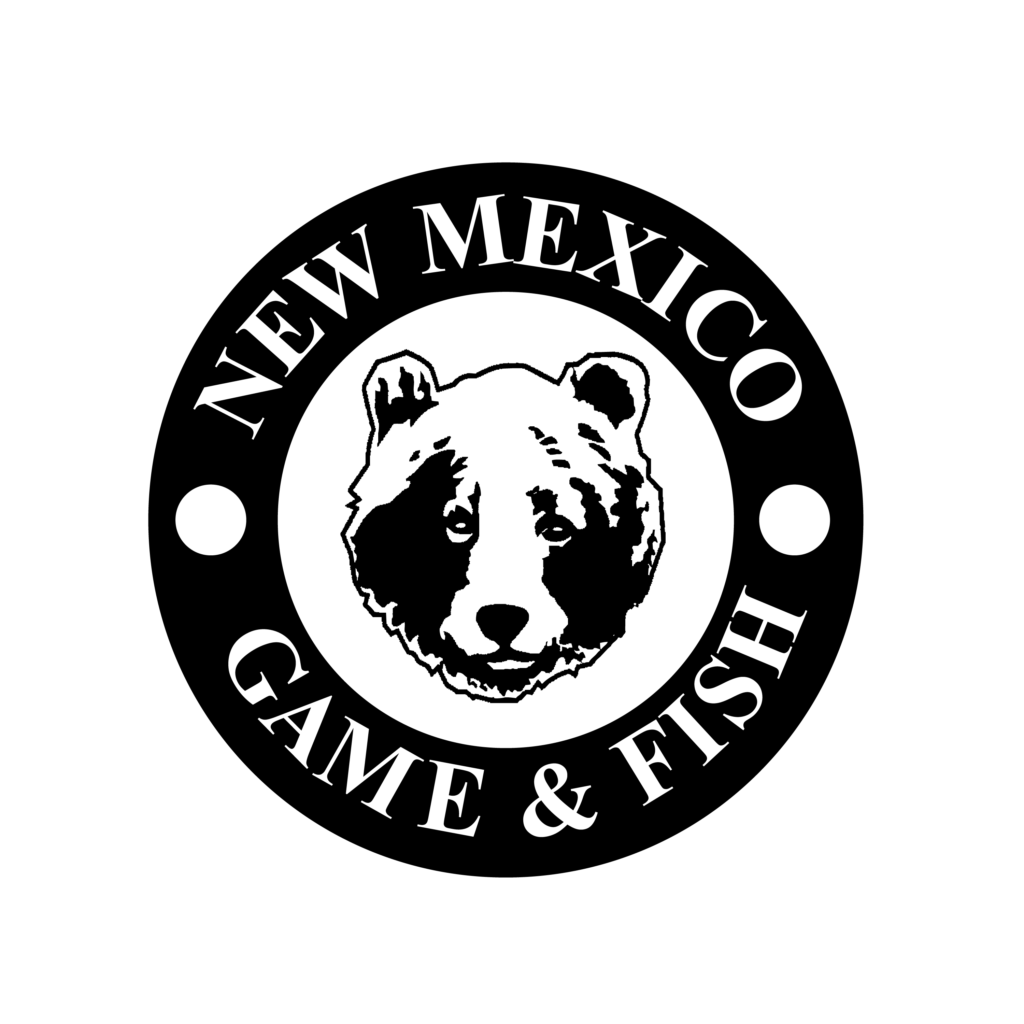Following is a selected project highlight from the Share with Wildlife mission to assist all New Mexico wildlife in need, no matter what species.
Water Matters for Wildlife and Agriculture
Water matters. Whether you are a farmer growing crops to feed your family and community or a frog living near a pond or river, water is an invaluable resource. Today’s youth are the future stewards of this resource and the earlier they learn the importance of conserving it, the sooner they can start applying sustainable practices in their daily lives. Ogallala Commons is using Share with Wildlife funds to present information, on the importance of water for both wildlife and agriculture, to children at schools around eastern New Mexico. They are helping provide answers to many key questions about water. What species depend on aquatic ecosystems for survival? How much water does it take to produce different food items? What are some simple changes we can make in our daily lives that will cut down on water consumption? How can we eat more healthily while practicing sustainable farming techniques?
Among other events held this year for their Share with Wildlife project, Ogallala Commons ran a half day River Festival, at Cochiti Pueblo, focused on participants of the Pueblo’s Summer Youth Language Program. This festival included presentations from Robert Martin of Ogallala Commons, Angelo McHorse who is director of Taos Pueblo Young Growers, and Ken Romero Executive Director of the Cochiti Youth Experience, Inc. based at Cochiti Pueblo. Robert provided information on the biology and ecology of several species of reptiles and amphibians found in New Mexico and gave the students an opportunity to see and touch live animals. Angelo presented on agriculture and the importance of traditional crops and farming practices. He gave a demonstration of the use of ditch irrigation, provided many interesting facts regarding traditional crops including white and blue corn, and challenged the students to get involved with agriculture in their community. Ken provided a myriad of facts regarding water consumption and waste both across the United States and more locally. If you thought that taking a bath was more water use efficient than a 10 minute shower, think again. The next time you bite into a hamburger, consider the water use implications (1,300 gallons!).
The Festival wrapped up with a trip down to the Rio Grande to search for wildlife. The river was pretty high, but students still encountered tadpoles, fish, and crayfish, among other finds. They then partook of a lunch provided by the Cochiti Pueblo’s Summer Food Program. The program encourages the students to share food they aren’t going to eat and compost remaining food waste, further enforcing the concept of resource conservation and improving the sustainability of our actions.


